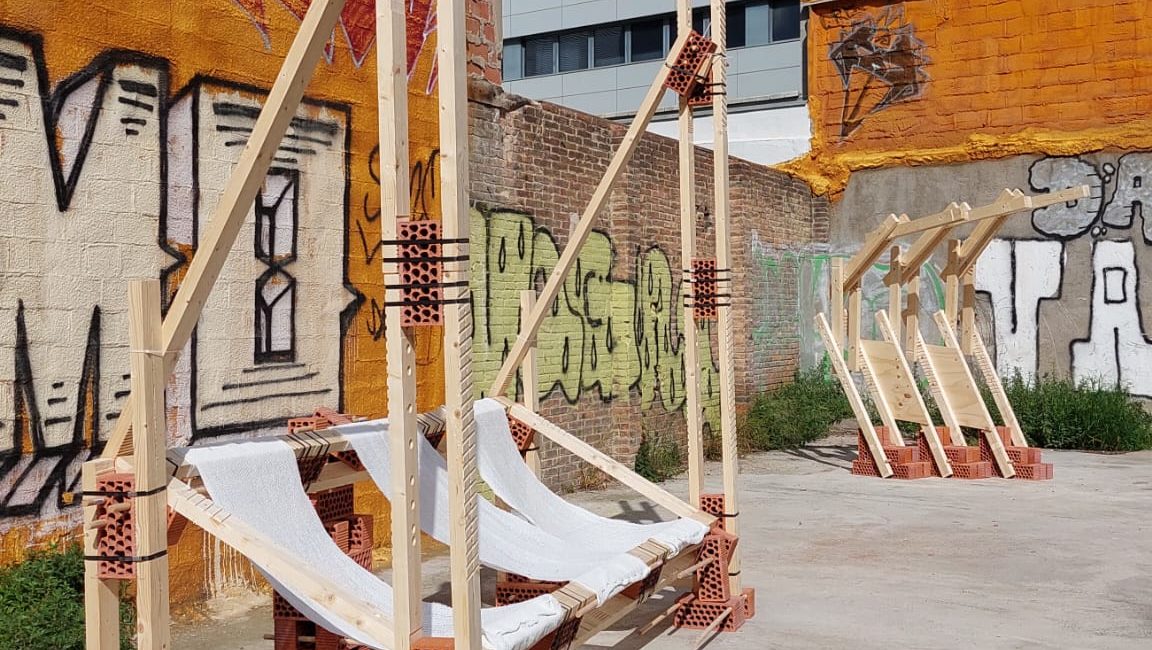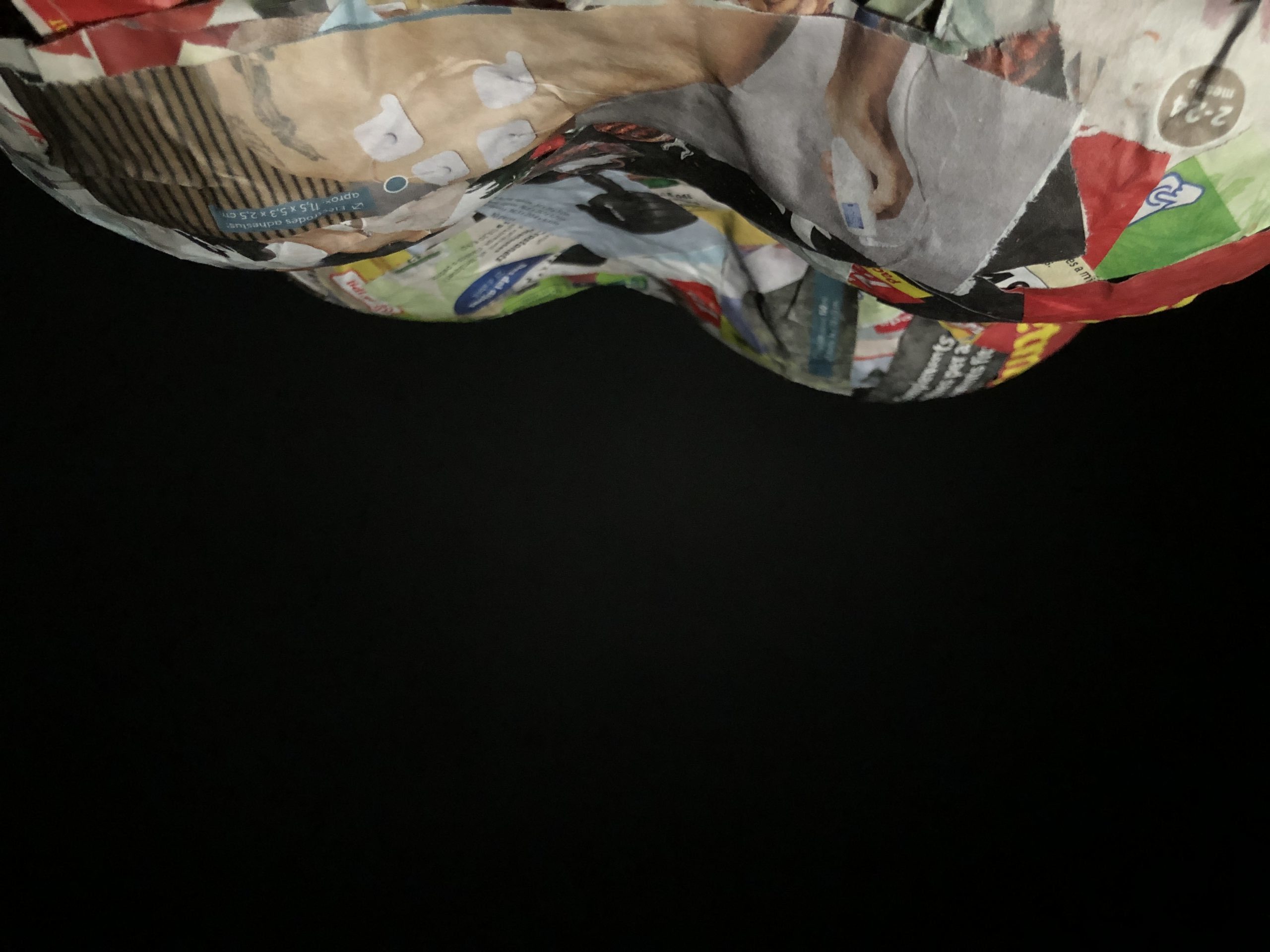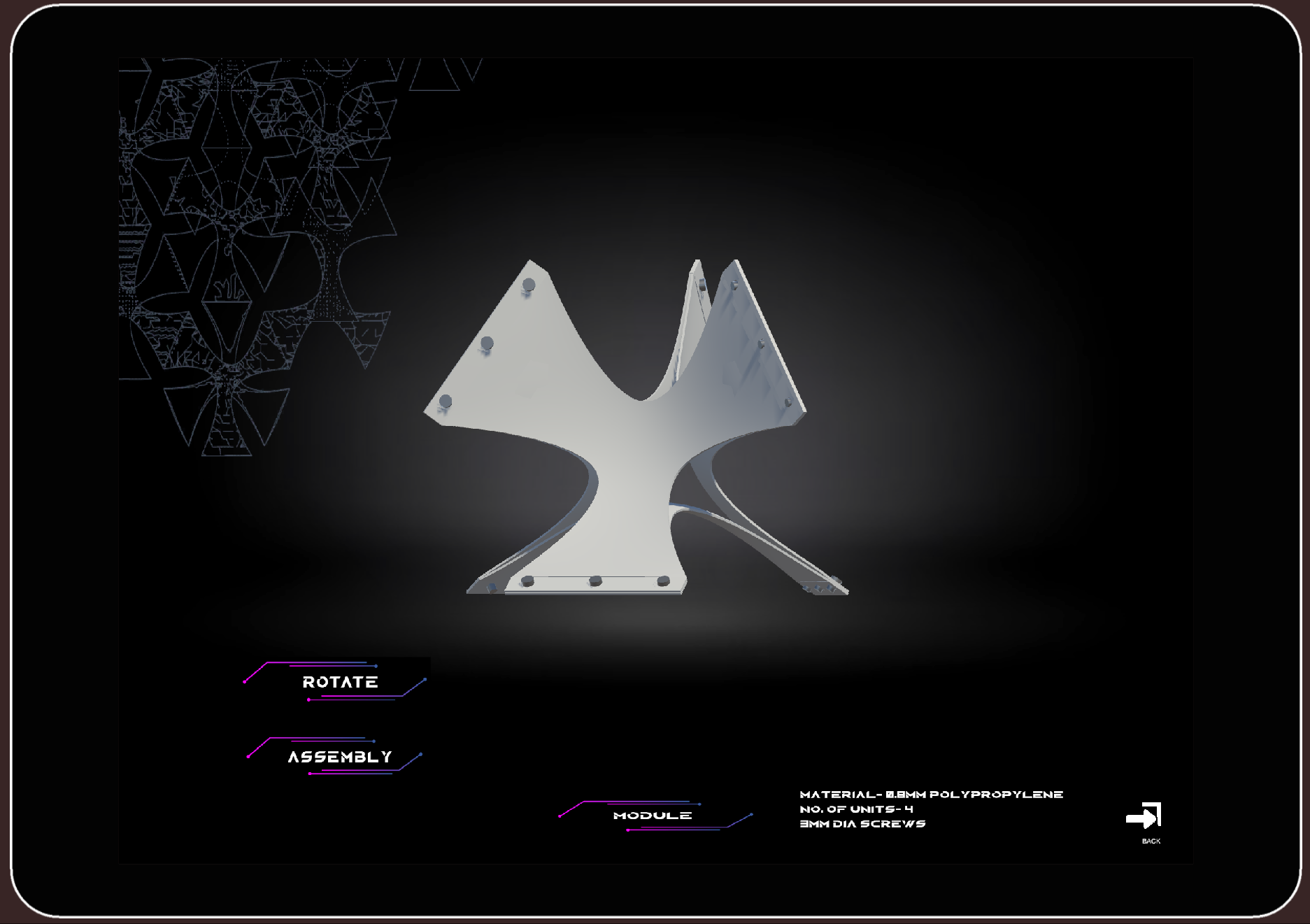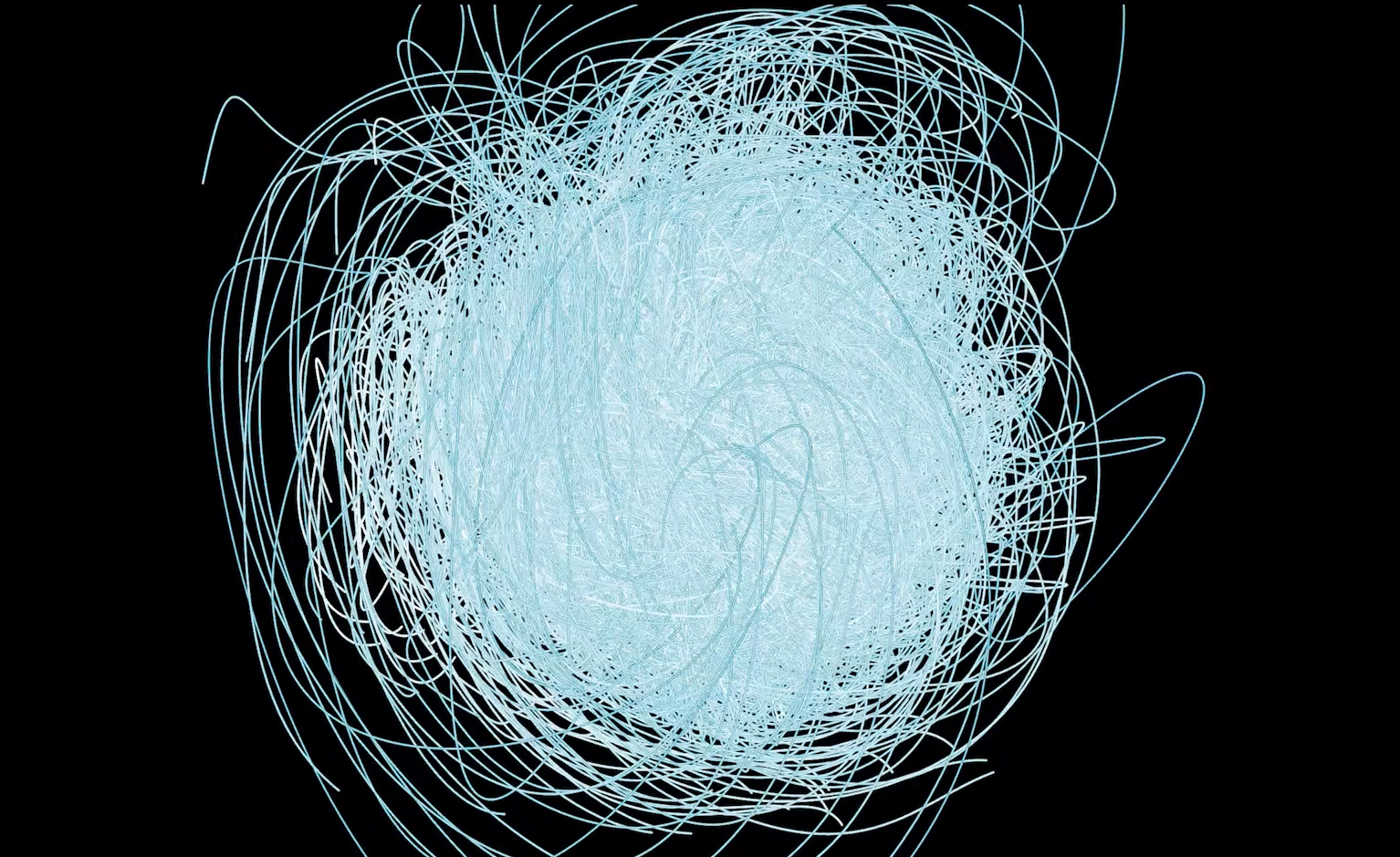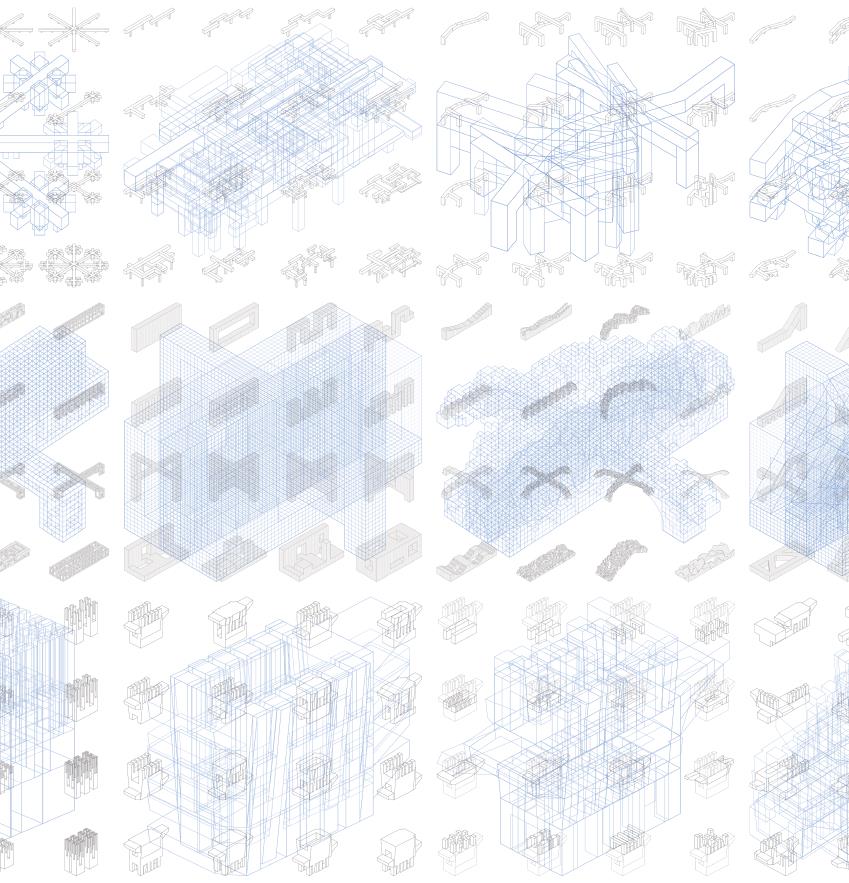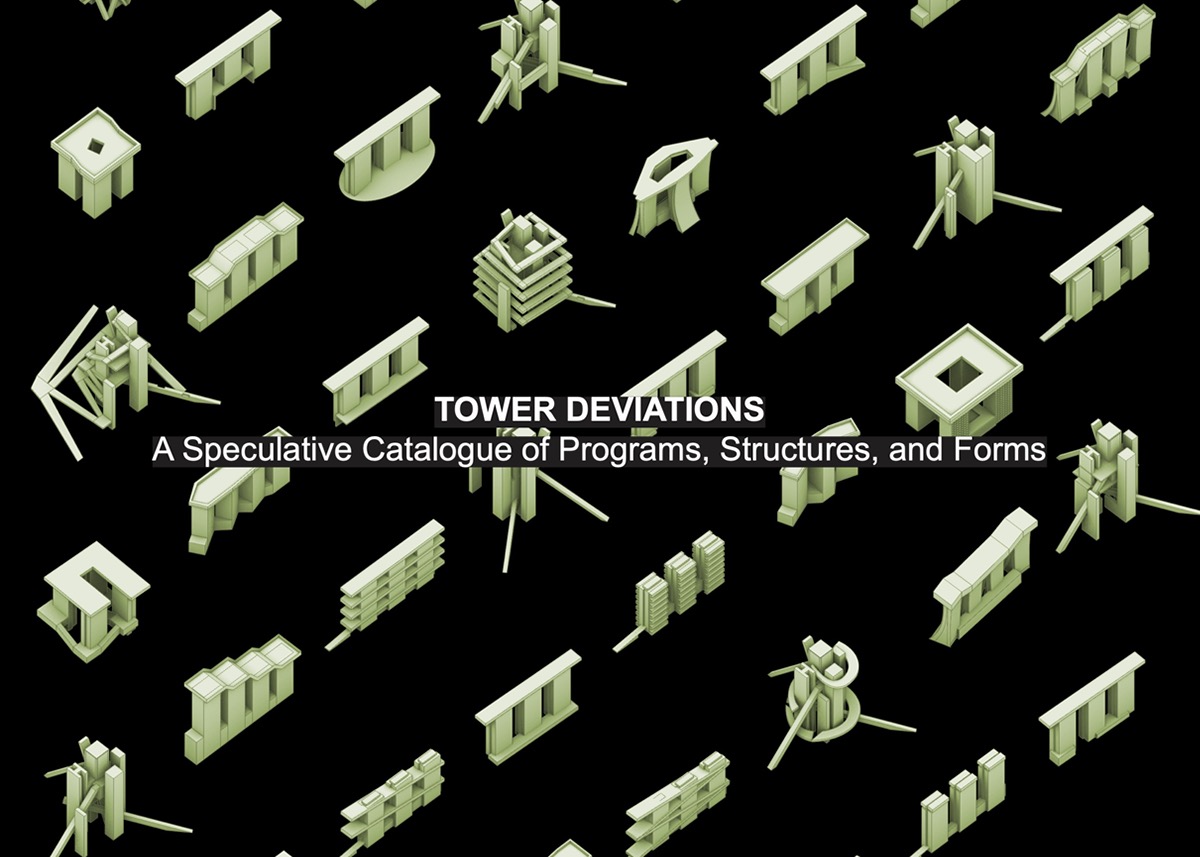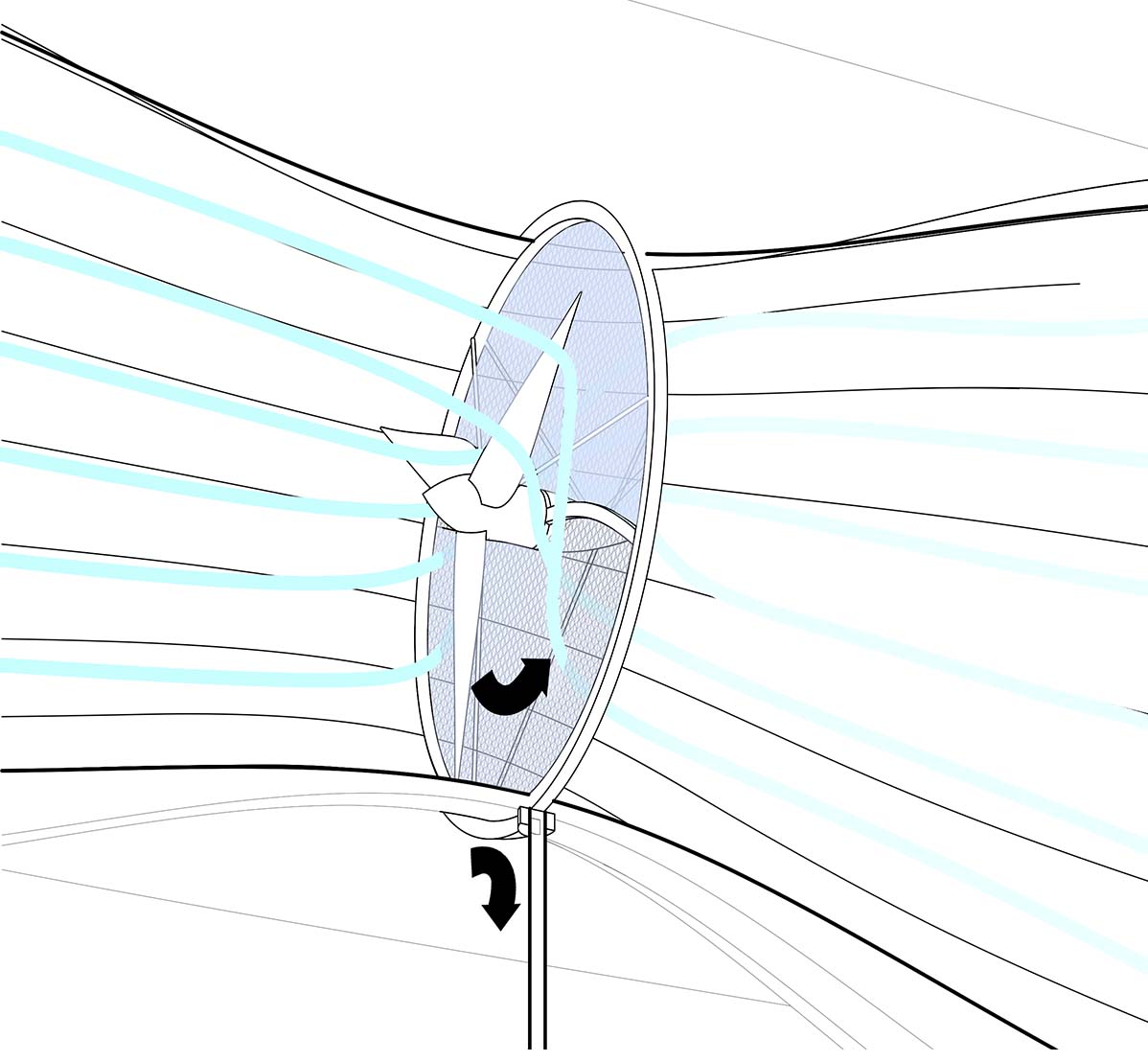Genetic Optimization
Genetic Optimization – Aquasun Oasis AquaSun Oasis is a continuation proposal for the digital matters research studio project which focuses on rainwater purification through biodegradable materials. The design of the form is based on rainwater collection and renewable solar energy while providing shade to the surroundings. The is to create a sustainable solution to conserve … Read more


